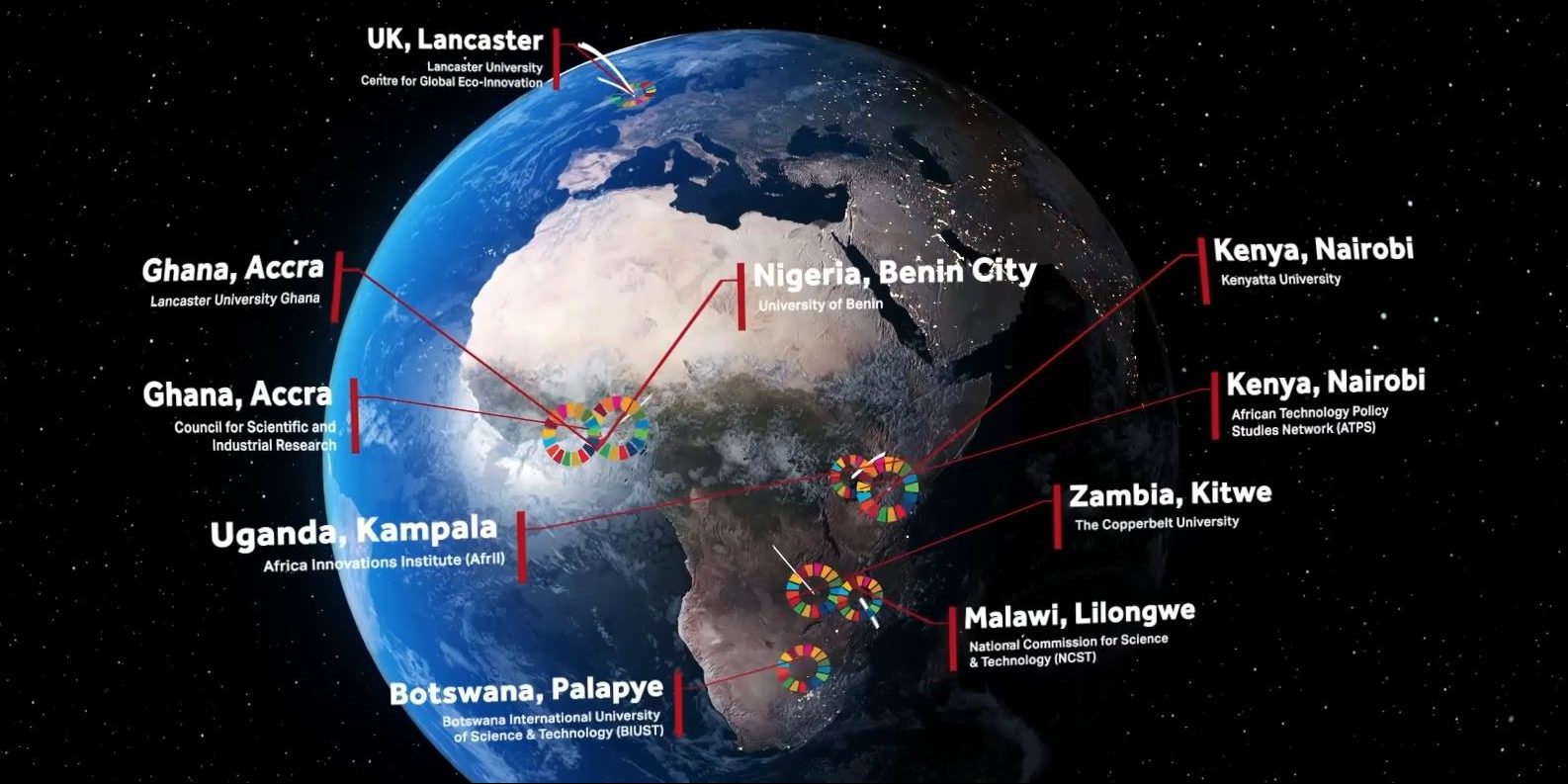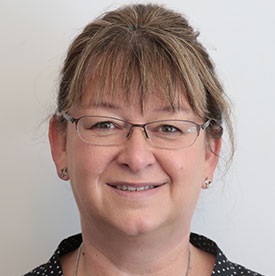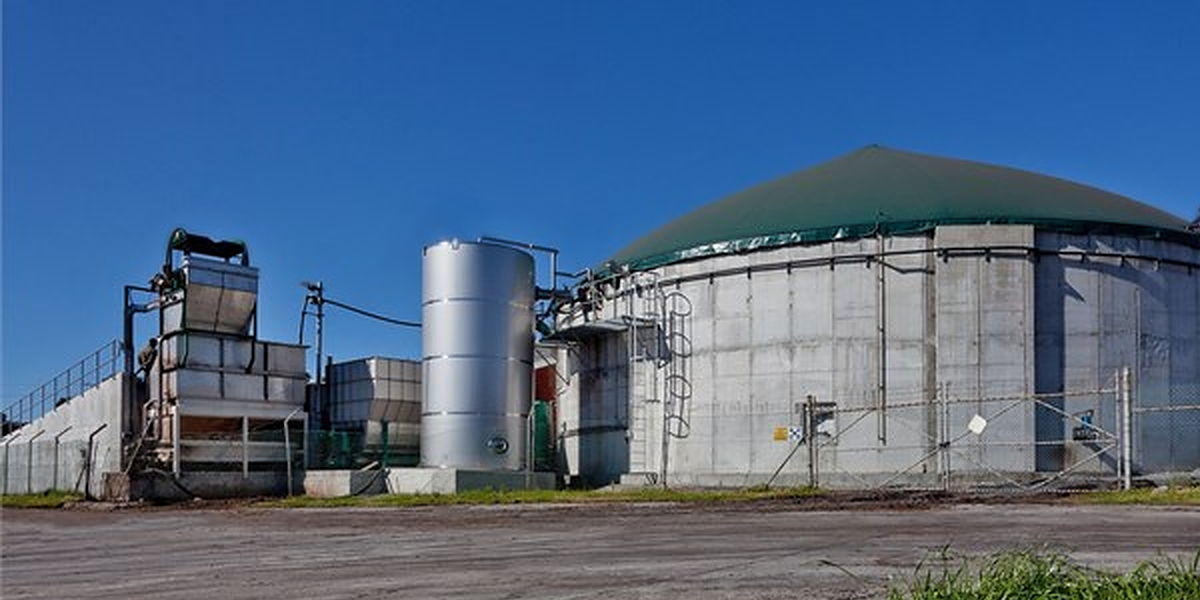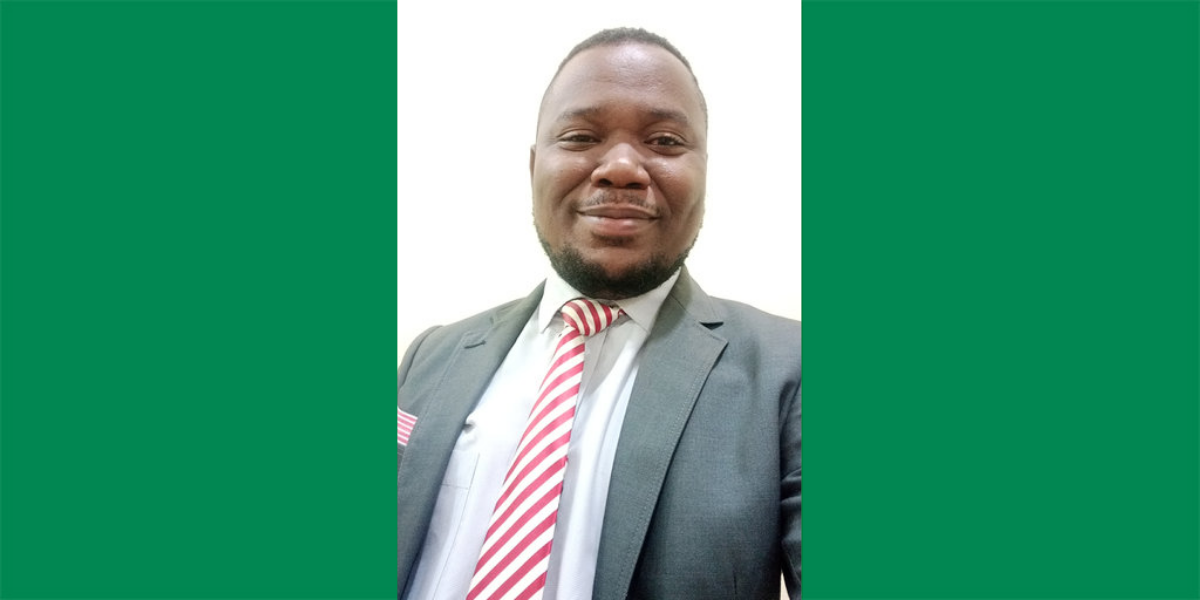
Powering Up Knowledge Exchange To Support The Global Goals
The Growing Research Capability call of the UK’s Global Challenges Research Fund (GCRF) “…. was developed to grow research capacity around the globe and to strengthen and broaden skills and expertise to address specific challenges of developing regions and countries”. As a knowledge-exchange professional, when that call was published, back in 2016, I was excited to see that GCRF specifically defined skill and expertise to include “…. innovation and knowledge exchange” as well as research. Based on this clear opportunity for changing practice, the RECIRCULATE project was designed to facilitate leading research institutions to work with their local businesses, communities and policy makers to co-create research solutions. Since then, as RECIRCULATE’s deputy director with particular responsibility for capacity strengthening, I’ve been privileged to participate in exciting capacity strengthening activities with partners in Sub Saharan Africa. Knowledge exchange (KE) has been at the core of those activities.
In case you are wondering, KE can be defined as the practice of sharing knowledge, experience, ideas, evidence or expertise between researchers and research-users in ways that are mutually beneficial. Fundamental to that definition is that KE is a two-way process of listening and co-design focussed on positive outcomes. We really do mean “knowledge exchange” not “knowledge transfer”: it’s a dialogue, not a monologue! In fact, for RECIRCULATE, KE is about more than the exchange between researchers and research-users. For us, it’s also fundamentally about mutual exchange between all eight partners in Nigeria, Ghana, Malawi, Botswana, Zambia, Kenya and the UK.
Like my colleague Carolyn Hayes, I have certainly learned a lot over the course of the project so far. One thing is that institutions, and individual researchers, across all these countries are on the same “KE journey”. Lancaster may have been travelling that journey longer, but we all start in the same place. Looking back ten years, my department, the Lancaster Environment Centre (LEC), was working with only a handful of research users. Then, most academics in the department seemed to be completely focussed on their own research with no interest in KE. Initiatives like the Centre for Global Eco-innovation has transformed that. Now, more than 90% of LEC’s academics work with research users and we engage with more than 700 end-users overall. I brought my own experience of that change to RECIRCULATE.
Having travelled that “journey”, I was not surprised when many of our partners told me that most of their researchers were too focussed on research to be very interested on KE with their communities. That seems to be a challenge at the start of everyone’s journey, wherever they are! But that can change, and it’s not just the challenges that we share. Now that my own KE journey crosses continents I’ve learned that there are approaches and ways of working that benefit everyone wherever they live and whatever field they work in.
We have explored those approaches at KE training events in Ghana, Malawi and, most recently, Botswana. To date they have empowered 101 individuals from both research and end user communities to come together – sometimes for the first time- and given them the opportunity to develop new research and innovation capacity together. Additional 4 week ‘residences’ have allowed a subset of this group- 25 so far for KE, many more across the whole project- to build their individual roadmaps for organisational change. Most of the residences so far have been at Lancaster, but two were based at the CSIR Crops Research Institute (CRI) in Kumasi, Ghana. CRI was chosen for these residences because their substantial experience of working with their local farming communities.
That highlights another important element of our shared learning- the differences between KE for us in the UK and for our African partners. While LEC works with many research-users, we have a particular focus on working with small and medium sized enterprises (SMEs). When we work directly with farming communities that often means livestock farmers in the uplands of north-west England. That’s very different from working with small holders growing tomatoes or rice in Ghana. Related to that, the recent blogs from both CSIR-CRI and CSIR Industrial Research Institute highlight the key role of extension agents for KE in Ghana, especially with farming communities. That’s very different from the UK, where it has been several decades since we had a state-run extension service. One reason that we work with SMEs is that they can fill that gap, acting as a great channel for the translation of innovations between researchers and the final end users ‘on the ground’.
That brings me back to what I see as common ground across all partners: everyone seems to agree that SME’s are one important group of change makers. But if we agree that SMEs are one important representative of the “research user community”, do we agree on who represents the research institutions? RECIRCULATE has convinced me that we all need more individuals who are able to create positive bridges and drive a shared purpose across researchers and research users. I don’t think it’s just my own KE journey that leads me to suggest that research institutions need more KE professionals. At the start of the project it struck me that many project partners had not yet established dedicated teams of KE professionals. Now our partners are building their own KE teams and initiating their own new networks and connections- it would be great to hear from them how their experience compares with mine.
For example, do you agree that establishing effective KE teams brings benefits well beyond RECIRCULATE’s focus on the circular water economy? I believe that the co-creation and co-design ethos we are seeing developed during RECIRCULATE can very easily be applied to any of the seventeen Sustainable Development Goals (SDGs). With just over a decade left before the SDG 2030 deadline, we have to disrupt traditional approaches and adapt our ways of thinking and doing. Building new relationships- connecting know-how, technology and innovation from all parts of society– is surely what we need to deliver the SDGs whilst ensuring that we “Leave No One Behind”.
 |
Dr Ruth Alcock is Head of Partnerships & Engagement at the Lancaster Environment Centre and co-created the distinctive Knowledge Exchange elements that are interwoven through RECIRCULATE. Ruth is an experienced Knowledge Exchange professional and project manager with over 15 years experience co-designing and successfully co-delivering a broad portfolio of innovative, inter-disciplinary, collaborative research and impact driven projects. These have included large-scale award-winning economic regional regeneration programmes focussed on clean and sustainable growth, SME-led postgraduate research programmes and corporate research and training partnerships. |




